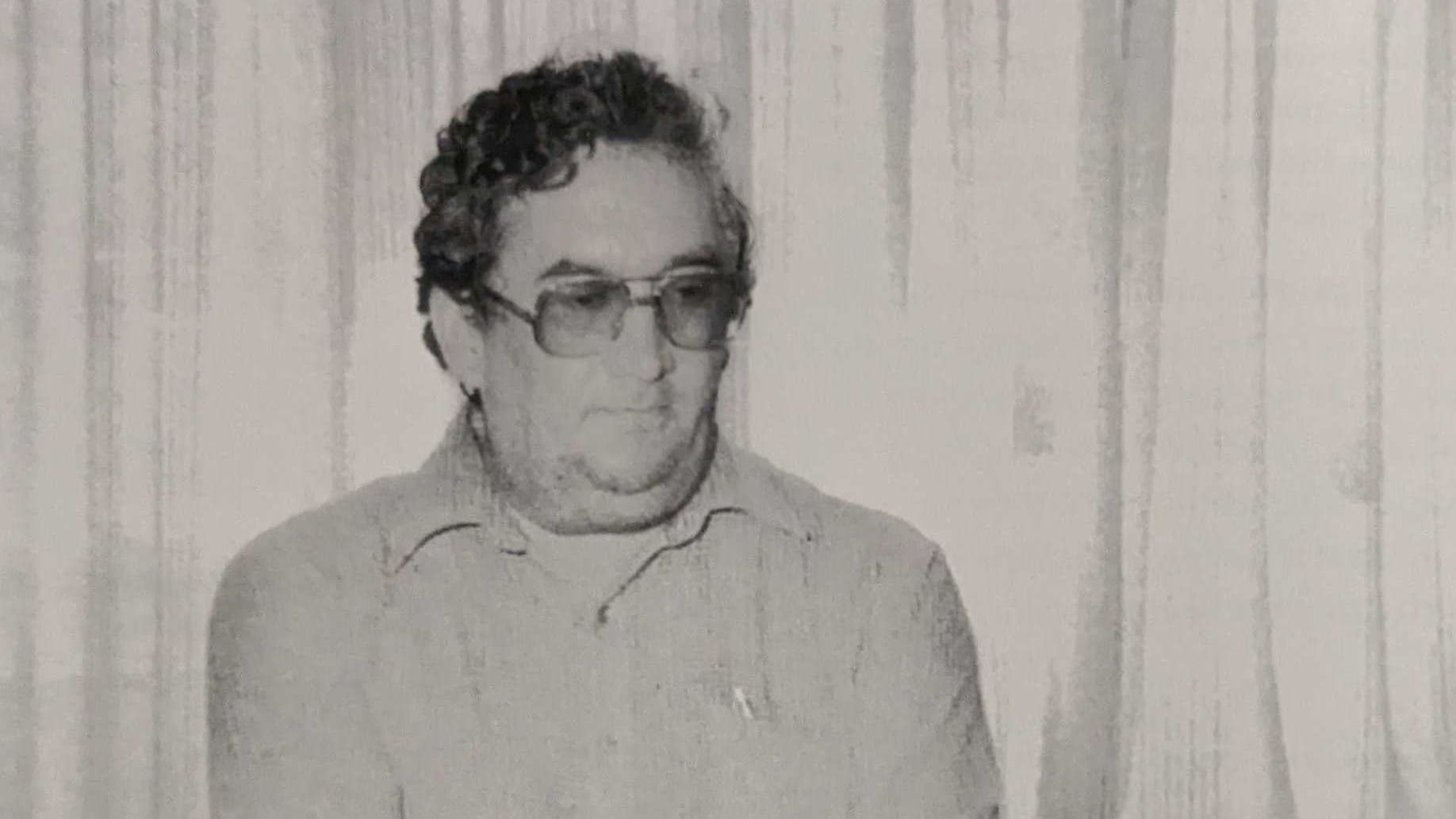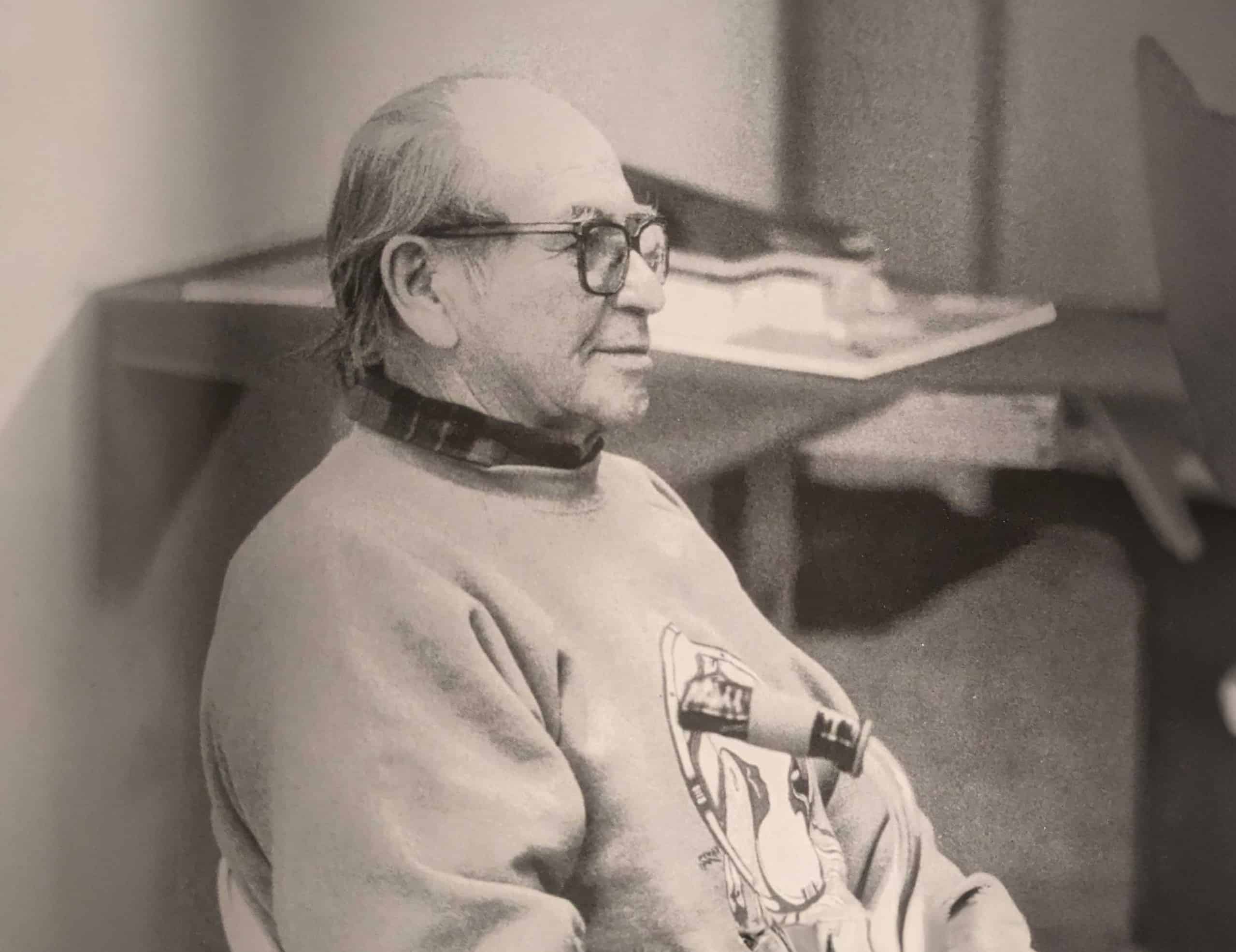In the Presence of Wisdom: Voices of the Land
Taken from the foreword of Voices of the Land, 1993. When the Elders met at the gathering “The Voice of

Adapted from a meeting of Sagamok Anishawbek Elders, 1982
James D. Debassige, a revered figure from West Bay First Nation in Ontario, left an enduring legacy by championing indigenous heritage, education, and the role of indigenous elders. Born in West Bay, Ontario, he was the youngest of five brothers, and he also had a sister, Mary Louise. Tragedy struck early in his life with the loss of his mother when he was just seven years old.
Jim’s educational journey took him from West Bay to Toronto. In 1954, he married Pauline Paul, and their union brought seven children into the world, though they tragically lost two.
Jim’s deep commitment to his community was evident as he dedicated time working as a clerk and secretary for the band before becoming Chief of the West Bay First Nation. Remarkably, he served as Chief for a total of 12 years, from 1969 to 1979 and then from 1985 to 1987, earning recognition with the Centennial Medal in 1967.
He garnered community support through his unyielding dedication to children’s recreation and sports, particularly by spearheading the establishment of a future-oriented arena when minor hockey had its beginnings in the ’60s.
Equally significant was his devotion to indigenous education, actively advocating for education system improvements and supporting the Parent-Teacher Association (PTA).
Jim was also an unwavering supporter of the Ojibwe Cultural Foundation, playing an instrumental role in its establishment and embracing its policies to safeguard indigenous culture.
He stressed the importance of documenting and sharing the wisdom of indigenous elders, advocating for the recording and distribution of their meetings to schools. This collective responsibility, involving elders, teachers, parents, and community leaders, was pivotal in instilling cultural awareness and pride in indigenous children.
In honoring James D. Debassige, we celebrate his unwavering commitment to indigenous heritage, education, and the wisdom of indigenous elders. His enduring legacy embodies the essence of indigenous culture, contributing to the ongoing journey of truth and reconciliation. Through his life’s work, he left a lasting impression on the West Bay First Nation, underscoring the importance of preserving indigenous heritage, acknowledging the pivotal role of indigenous elders, and nurturing indigenous education.
James D. Debassige’s legacy continues to inspire, lighting the path to honour our indigenous history, education, and the wisdom of our elders. His dedication ensures that the cultural richness of indigenous communities thrives for generations to come.
Taken from the foreword of Voices of the Land, 1993. When the Elders met at the gathering “The Voice of

Adapted from Association of Friends, August 1995 Art, a lifelong resident of Birch Island, exemplifies commitment and community engagement. Married to
Grandmother’s Voice: Creating opportunities for Indigenous community members to share their teachings, healing practices and traditional handicraft creation with the broader community.
Elevating Indigenous Knowledge and Culture across Halton Region has been the foundation of our organization. Collectively, we continue to serve as a beacon for building awareness and fostering connectedness. Rooted in our Nation’s origins, we are dedicated to enhancing capacity and illuminating the landscape of Indigenous social services and determinants of health. Join us on this transformative journey as we strive to strengthen bonds, raise awareness, and contribute to the well-being of our communities.
Grandmother’s Voice International Business #799454954RC0001


© 2024 All Rights Reserved.